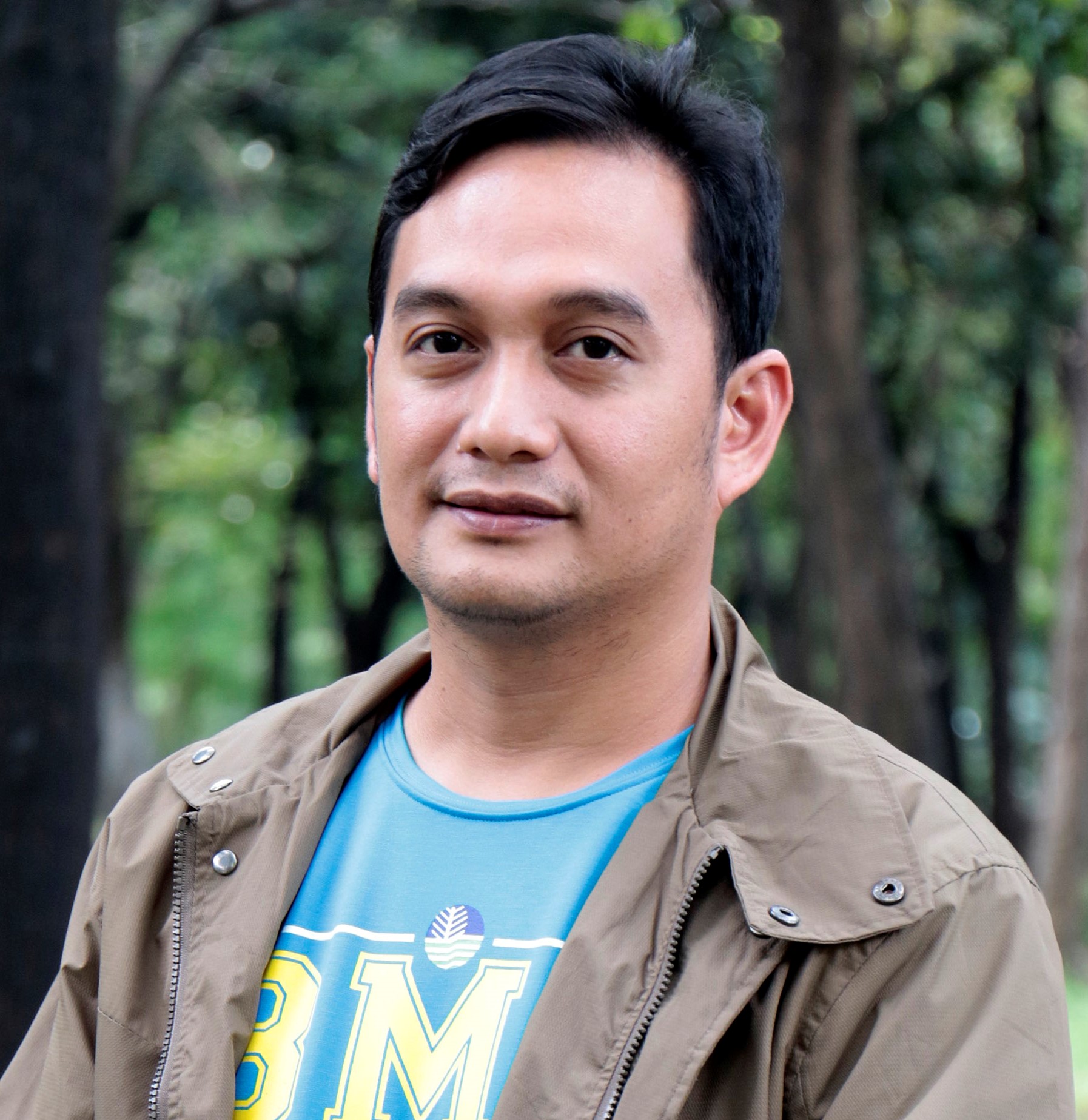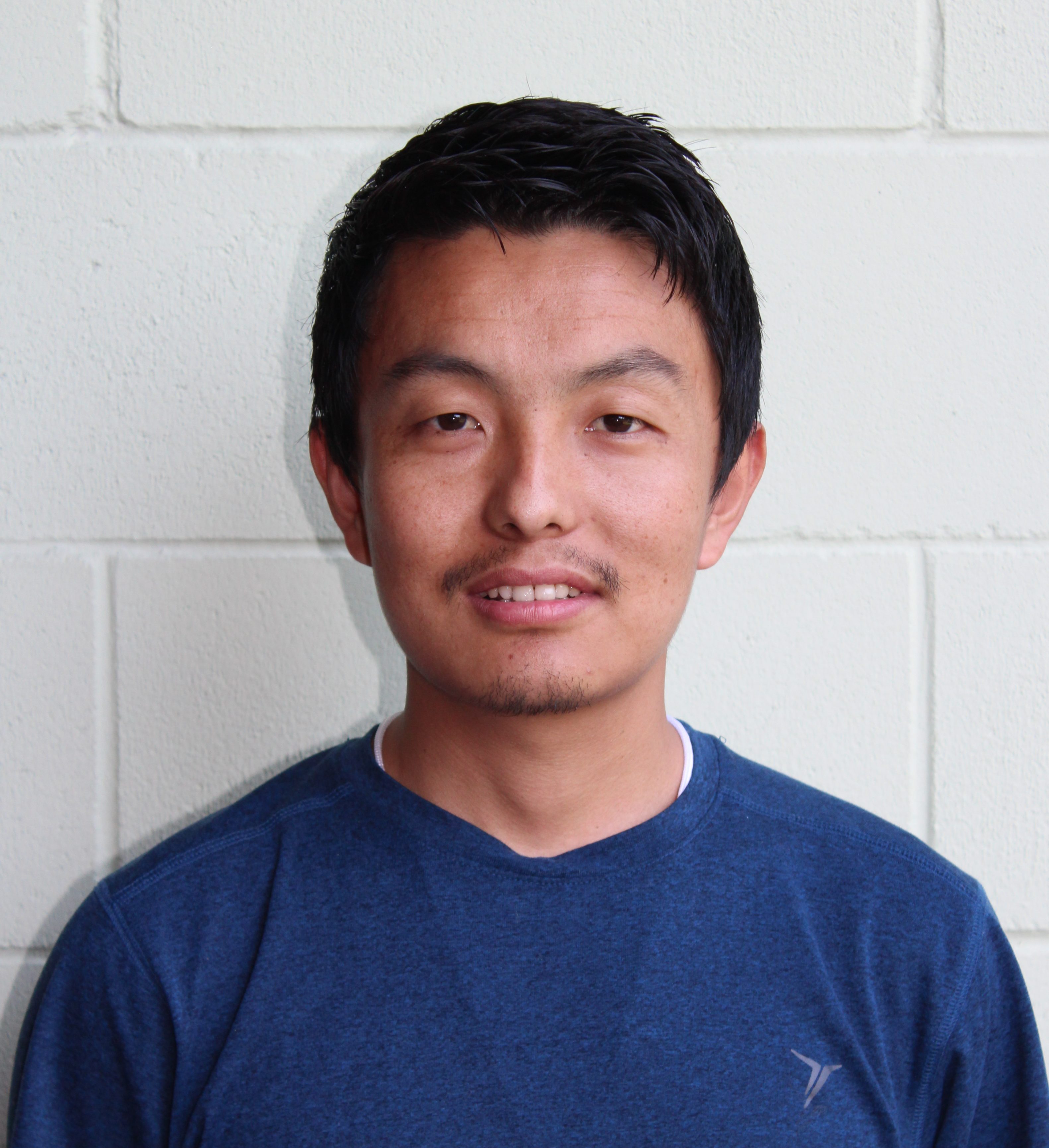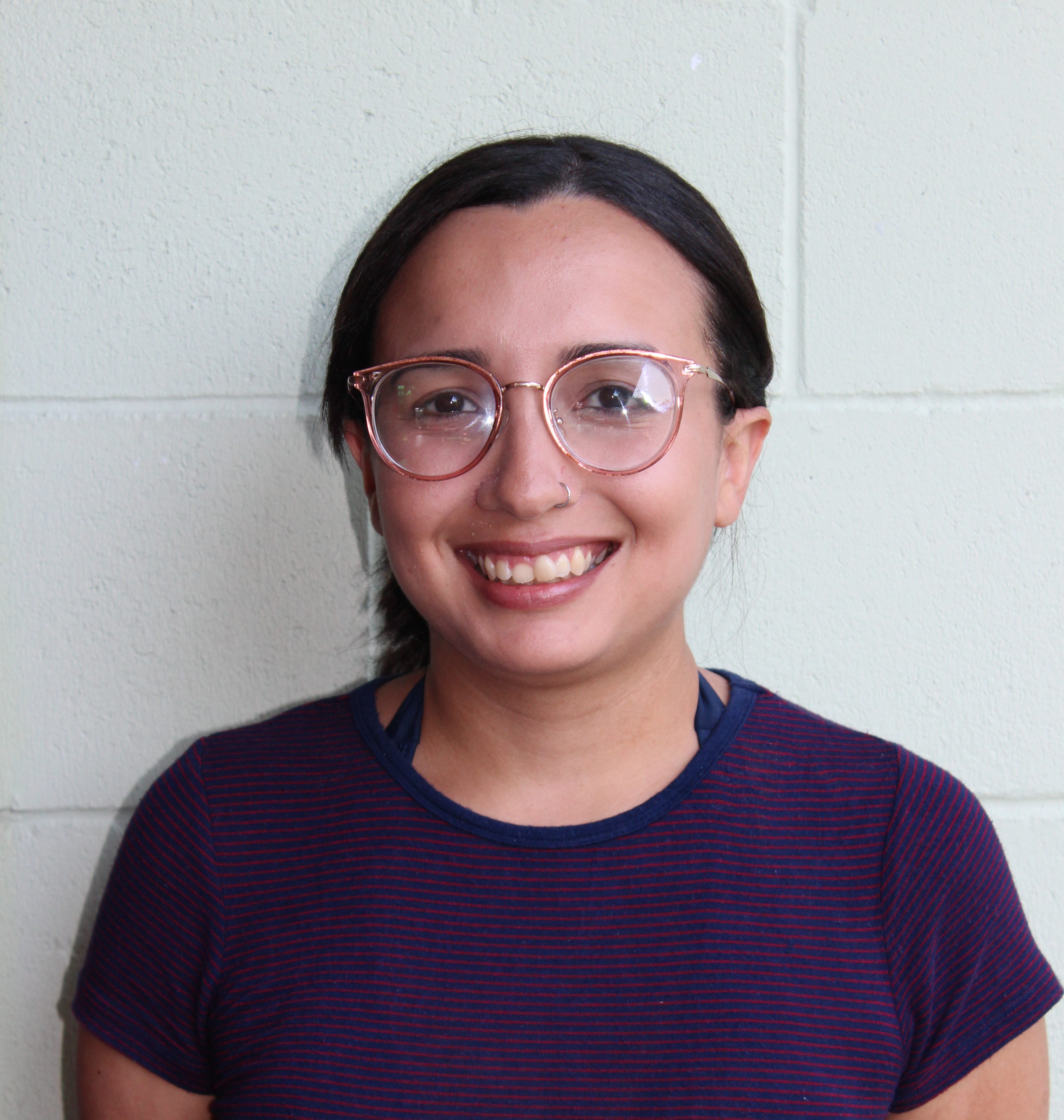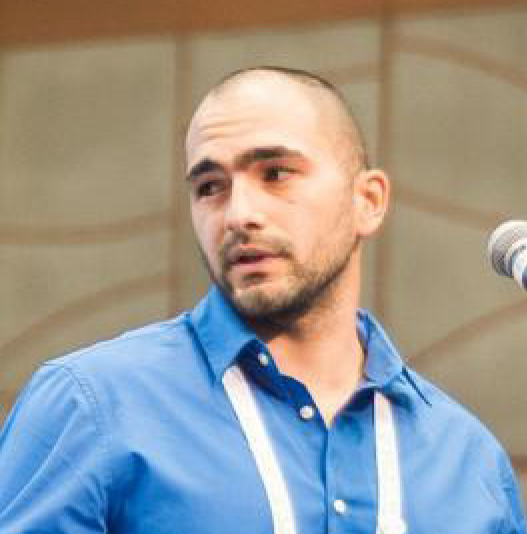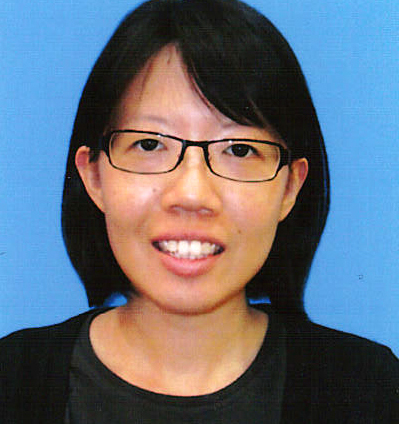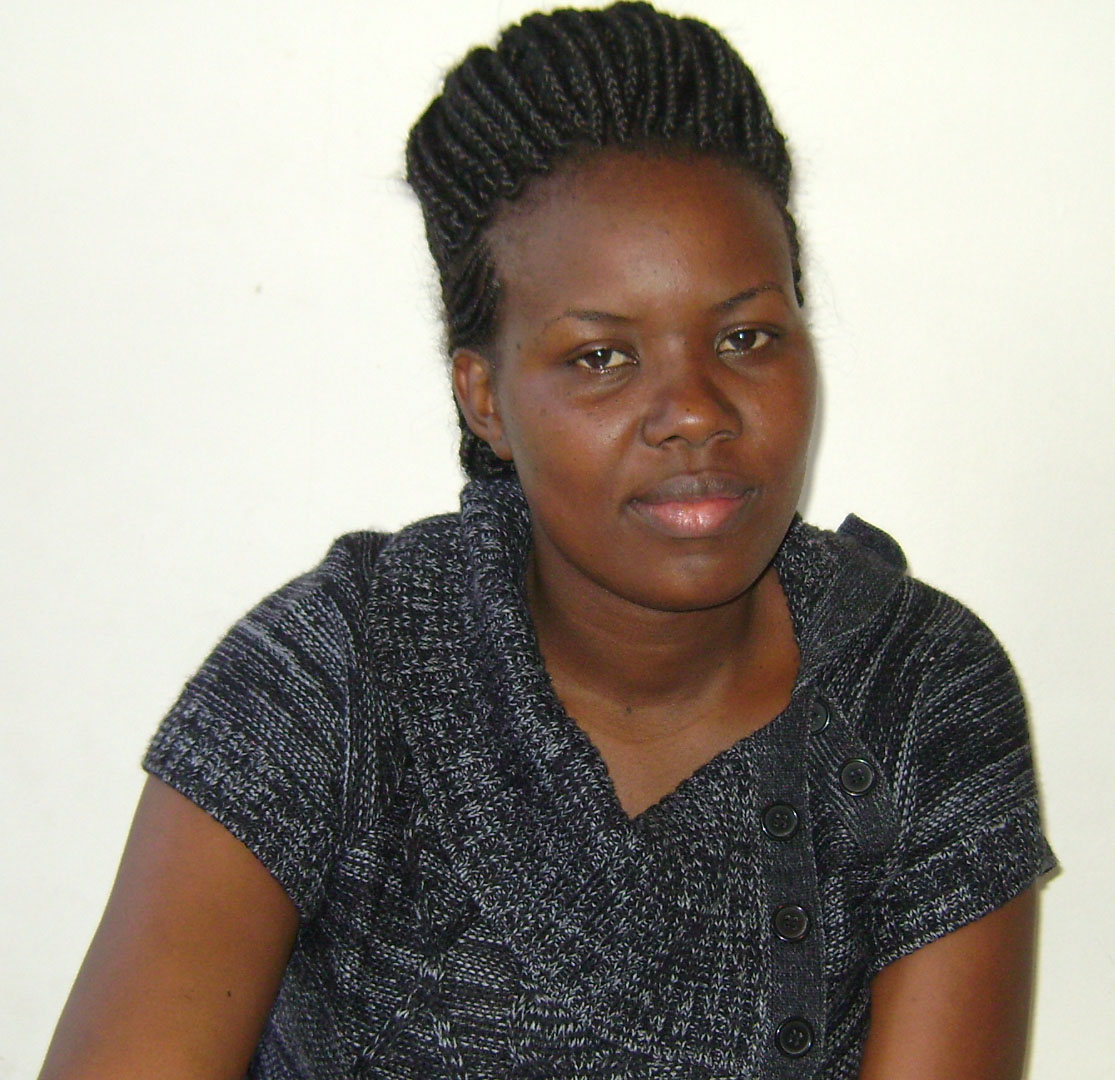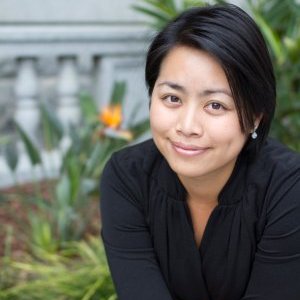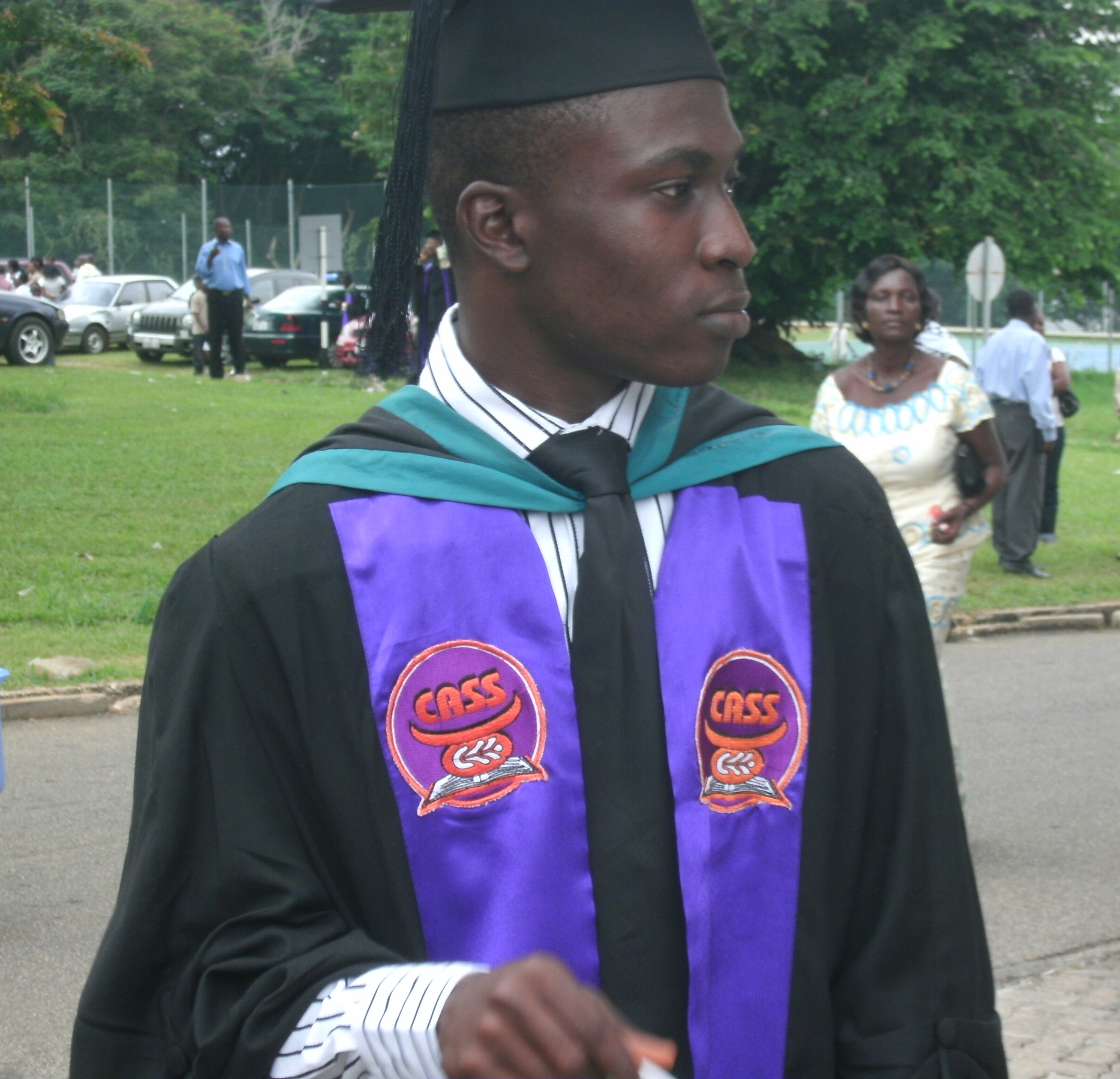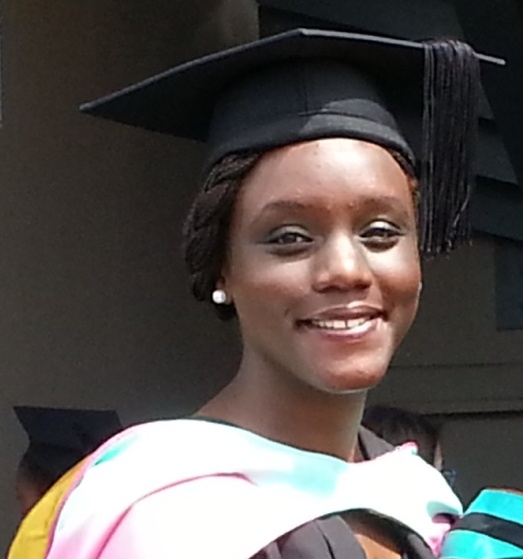Country of citizenship: Antigua and Barbuda
Qualification: Bachelor of Science in Chemical Engineering (Howard University, USA)
Most recent position: Project Engineer, Caribbean Water Treatment LTD
First year of scholarship: 2017
In 2013, while deploying water kiosks in peri-urban Haiti, I was confronted with social, political and cultural issues that challenged me to rethink the predetermined solution I had developed prior to arriving in country. While I’m a proficient engineer, I still lack the skill set that would allow me to navigate these unique circumstances; and I have concluded that I would need to undertake specialised training to complement my engineering background and position me to confidently take a leading role in other similarly complex water projects.
The content and structure of the MIWM will prepare me to enter other eco-sensitive, high poverty, under-developed communities with projects that promote community involvement, disseminate knowledge and aid in sustainable wealth creation. Post-graduation I plan to target funding opportunities that would seed the development of ventures that address wastewater treatment and hygiene in highly populated urban areas and the treatment and reuse in agricultural zones. To this end, I have identified potential partners with whom I hope to build two separate projects to address the treatment of trucked sewage that is currently being dumped in a local landfill and distillery vinasse which has for decades been disposed of directly into the St. John’s Harbor.
In addition to the taught material, interaction with colleagues from varied professional backgrounds should enhance my learning experience; while fieldtrips would facilitate the hands-on and practical assessment of critical areas of interest within the water sector. After completing the MIWM I would be better equipped to utilize proven scientific methodologies to investigate issues, conduct impact assessments and provide leadership in achieving change. I look forward to continued work that employs better management strategies and produce more effective results that would ultimately benefit vulnerable communities.”


